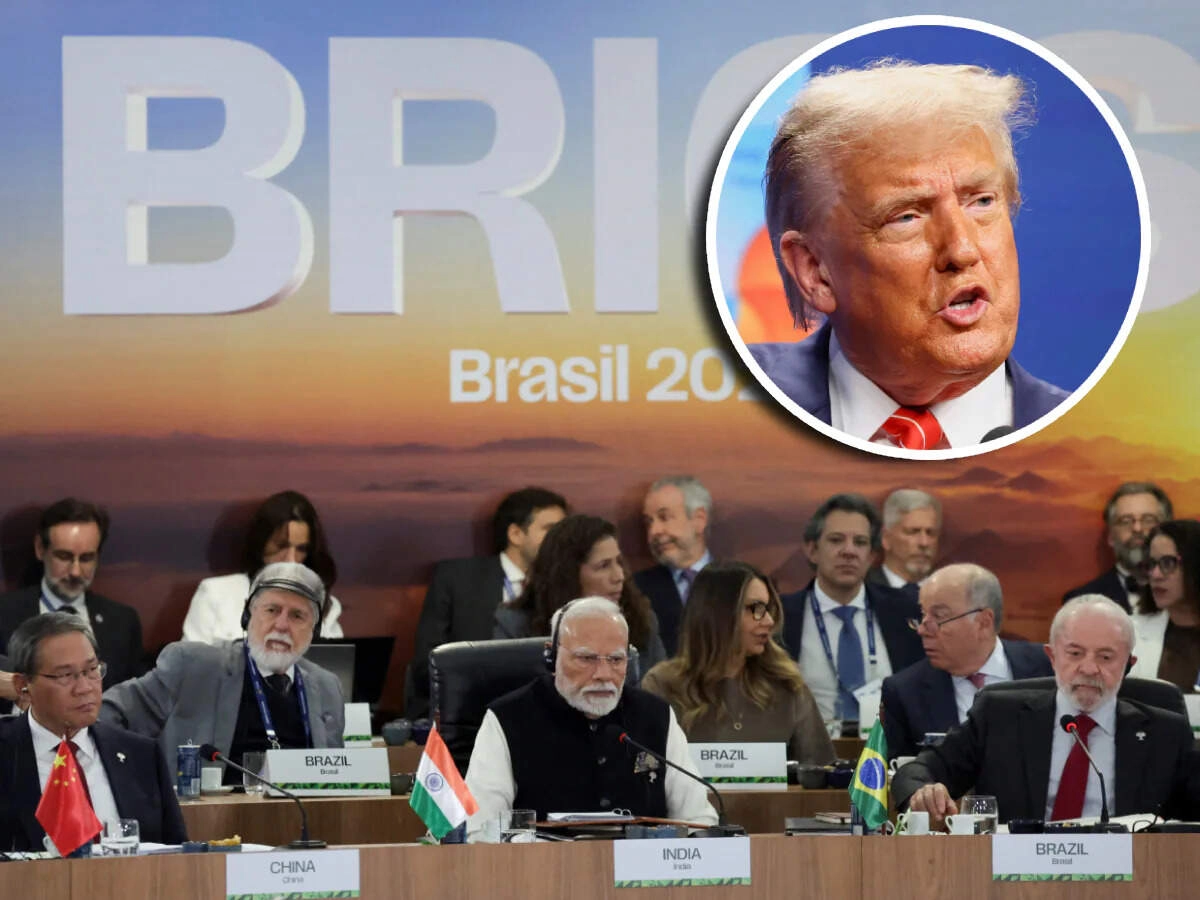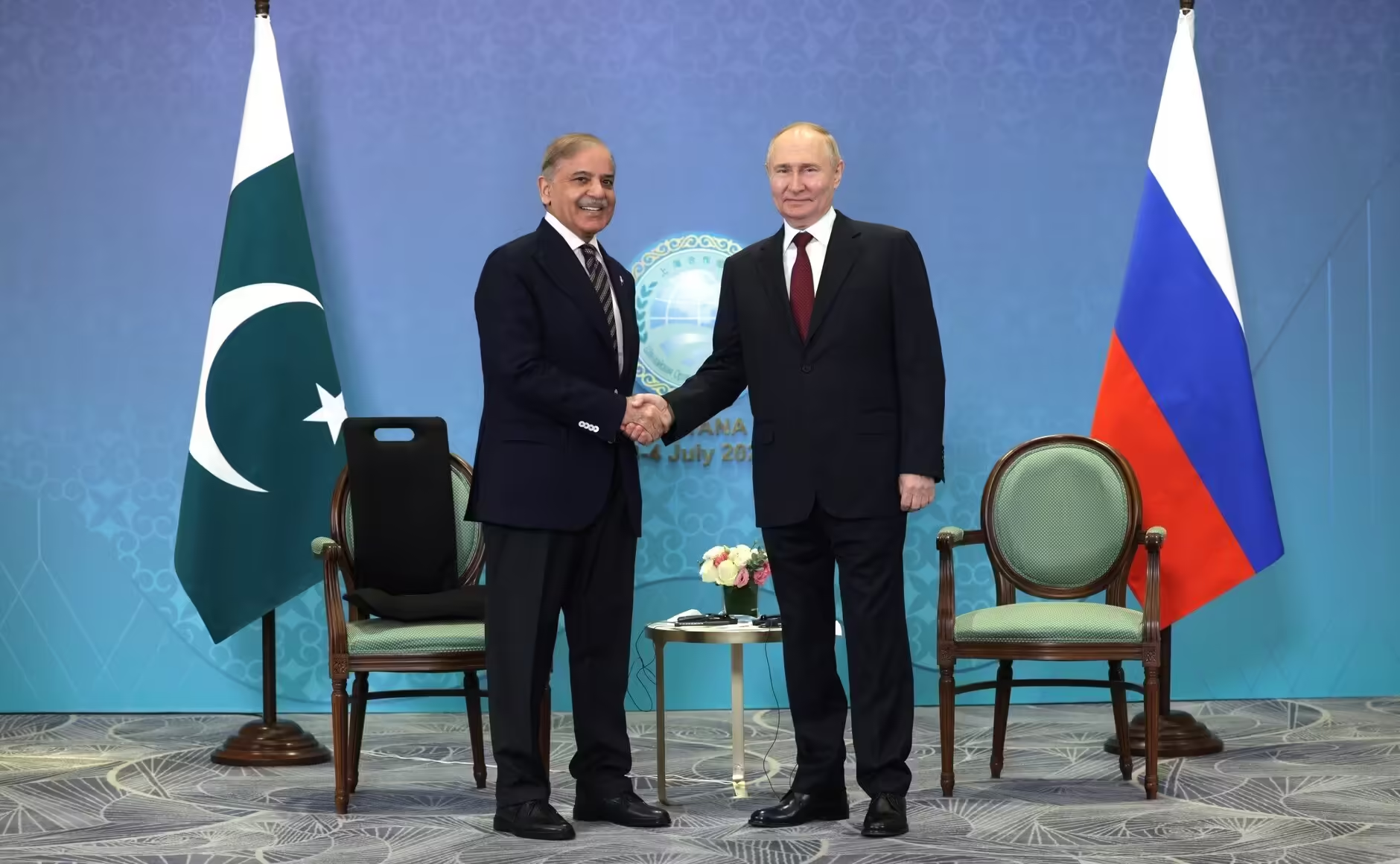Iran has handed down severe sentences to two French citizens, totaling 63 years in prison, on charges of espionage. This decision has sparked significant international outrage and raised concerns about Iran’s judicial processes and treatment of foreign nationals. The two individuals, whose identities have not been publicly disclosed, were accused of gathering intelligence and engaging in activities deemed harmful to Iran’s national security. The Iranian government has historically taken a hardline stance against what it perceives as foreign interference, particularly from Western nations, which it accuses of attempting to undermine its sovereignty.
The case of the French citizens comes amidst heightened tensions between Iran and Western countries, particularly in the wake of ongoing nuclear negotiations and diplomatic efforts. Critics argue that such punitive measures reflect Iran’s broader strategy to deter foreign espionage and to signal its resilience against perceived external threats. The lengthy sentences also serve as a warning to other foreign nationals operating within Iran, highlighting the risks they face in a country where political dissent and foreign influence are met with harsh repercussions.
Human rights organizations have condemned the sentences, calling for immediate attention to the fairness of the trials and the treatment of those accused. Many observers believe that the charges against the French citizens may be politically motivated, aimed at leveraging negotiations with France or other European nations. The Iranian judiciary, often criticized for lacking transparency, has faced accusations of using espionage charges as a tool to silence dissent and to instill fear among those who might challenge the regime. This situation underscores the complexities of international relations and the challenges of navigating diplomacy in a region fraught with tension and suspicion.
As the global community watches closely, the fate of these two individuals may have broader implications for diplomatic relations between Iran and Europe. The situation calls for a nuanced approach, balancing the need for national security with the protection of human rights and justice. The evolving circumstances will likely influence discussions surrounding Iran’s nuclear program and its interactions with Western powers, as both sides seek to find common ground amid a backdrop of distrust and geopolitical strife.




